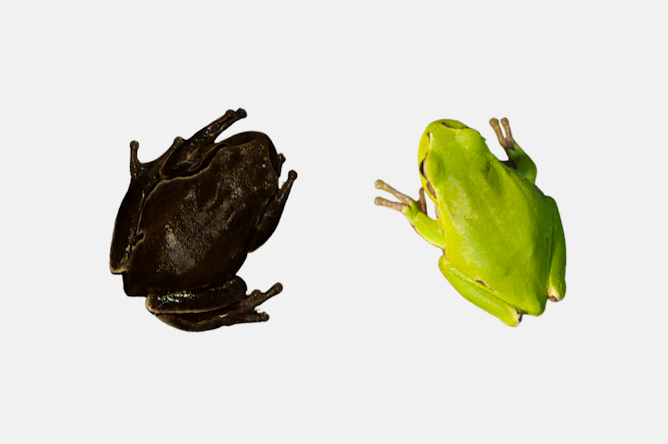|
The Brazilian election is heading for a second round, after former president Luiz Inácio Lula da Silva fell short of the 50% of valid votes needed to avoid a run-off. Lula recorded 48%, beating his arch rival, right wing populist President Jair Bolsonaro. But Bolsonaro did better than expected with around 43% of votes cast. The result means another few tense weeks ahead for the country. The shadow of political violence has never been far away from this campaign. As Angela Alonso, of the University of São Paulo, writes, there is a long history of such extreme activity in Brazilian politics.
Have you listened to our regular podcast, The Conversation Weekly, recently? We paused production earlier in the year to try out a few new approaches, then relaunched it last month. The latest episode takes an in-depth look at the controversial history of research into psychedelics. Presenters Gemma Ware and Dan Merino speak with three experts about the rise and fall of psychedelics in Western science and culture, how the mystical and often vague language of the ‘60s and ‘70s still pervades research today and what it’s like to actually run clinical trials.
|

Psychedelic experiences are deeply tied to mystical and counterculture ideas that are often at odds with science.
Daniel Merino, DeepDream
Daniel Merino, The Conversation; Gemma Ware, The Conversation
Today’s psychedelics researchers still have to deal with the fallout of the decadeslong freeze on research. Listen to ‘The Conversation Weekly’ podcast.
|

Emma McIntyre/Getty Images for The Recording Academy
Allaina Kilby, Swansea University
The South African comedian has brought clarity and fresh perspectives to often emotionally charged political issues.
|

Extremes of the colour gradient of the Eastern San Antonio frog (Hyla orientalis). On the left, a specimen captured in Chernobyl inside the high contamination zone; on the right, a specimen captured outside the Exclusion Zone.
Germán Orizaola/Pablo Burraco
Germán Orizaola, Universidad de Oviedo; Pablo Burraco, Estación Biológica de Doñana (EBD-CSIC)
Research on Chernobyl frogs has shown that the ionising radiation caused by the accident triggered a process of natural selection among these animals.
|
|
|
-
Angela Alonso, Universidade de São Paulo
Political violence that has broken out during the rule of Brazil’s president Bolsonaro draws on a long history of attacks.
-
Olga Partan, College of the Holy Cross
In opinion polls over the past two decades, she’s routinely selected as one of the most popular Russians – often appearing second only to Vladimir Putin.
-
Lukas Rieppel, Brown University
Derided as ‘toys for the rich,’ the specimens being bought and sold raise broader questions about the relationship between science and capitalism.
-
Andrew Coates, UCL
Some scientists are keen to send humans to Venus on a flyby.
-
Bernhard Reinsberg, University of Glasgow; Andreas Kern, Georgetown University
Why the IMF has weighed into the UK’s current financial situation and what it means for markets.
-
Pooyan Tamimi Arab, Utrecht University; Ammar Maleki, Tilburg University
Data shows that more than half of Iranian women oppose the compulsory wearing of hijabs and that the vast majority oppose an Islamic Republic.
-
Anissa Pomiès, EM Lyon; Zeynep Arsel, Concordia University
Cultural omnivores are economically and culturally privileged people who can enjoy both “highbrow” and “lowbrow” cultural products, like good and bad coffee, simultaneously.
|
|